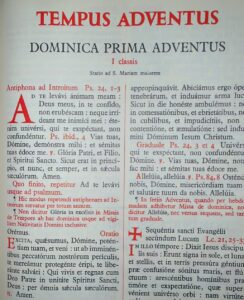
Back from the fun with googly eyes, I thought of a commonly used but poorly understood term from academia and business. Lee Parker’s recently nominated word rubric made me think of its linguistic cousin.
Instead of the adjective form we associate with the Metric System, here I mean the noun.
I think of a metric as one (usually of many) measures we employ to measure something.
This may be a short post! The OED gives this definition, “A system or standard of measurement; a criterion or set of criteria stated in quantifiable terms” with a first usage of 1934. As a plural, our word can be a synonym for statistics, figures, measurements.
Our word stands in no danger of extinction. Since 2017, usage per million words of written English has more than doubled. Thus, a data-driven world.
If you have a metric for what constitutes a short blog-post, I hope I met it.
Send me any words or metaphors of use to jessid-at-richmond-edu or leave a comment below.
See all of our Metaphors of the Month here and Words of the Week here.




